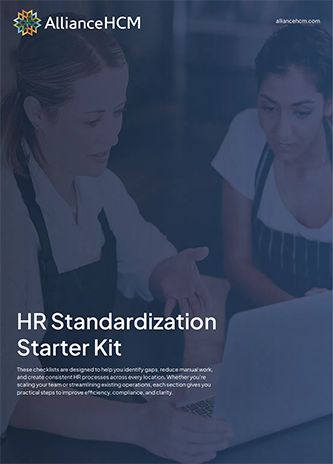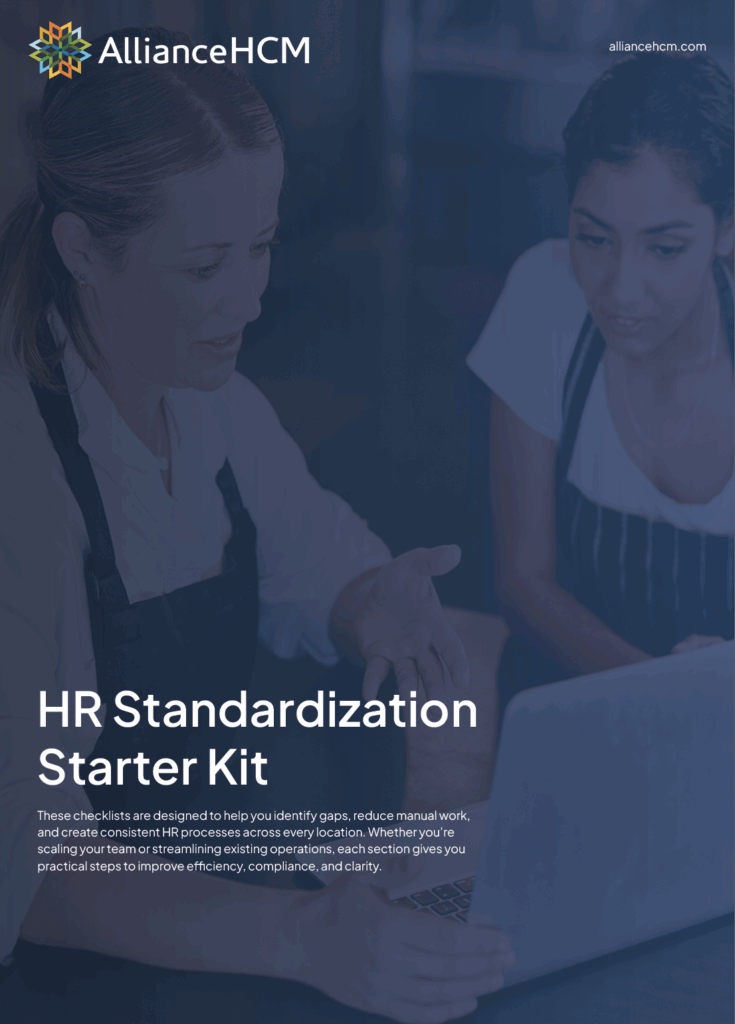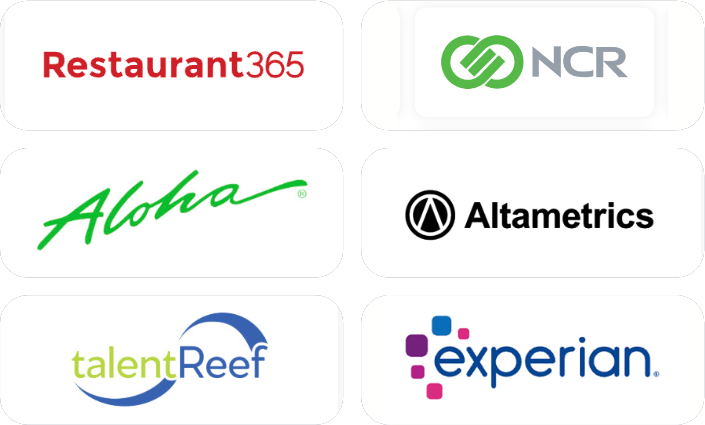SUPREME COURT RULES IN FAVOR OF PROTECTING LGBTQ EMPLOYMENT RIGHTS
Today the Supreme Court of the United States decided that businesses may not discriminate against one’s sexual orientation or gender identity when employing. This ruling enforces federal law that impacts all companies with 15 employees or more.
The choice was a reaction to three separate cases relating to employment discrimination dependent on “sex” under Title VII of the Civil Rights Act of 1964, which applies to all businesses with at least 15 or more employees. There has been debate for quite some time about whether sex under Title VII implied that men and women could not be treated differently, or whether there were more extensive ramifications based on underlying expectations as they identify with sex (like which sex an individual is attracted to or how they present themselves).
A few Circuit Courts of Appeal had just decided that sex included sexual orientation and gender identity. Numerous states have their own social equality laws to secure these qualities regarding work (frequently at a lower employee count). Furthermore, the Equal Employment Opportunity Commission (EEOC), which authorizes Title VII, has long held the position that sex incorporates sexual orientation and gender identity and has sued superiors for discrimination based on that translation.
Due to the rulings, laws, and interpretations virtually in play, most businesses have been working under the supposition that discrimination based on sexual orientation or gender identity could be determined illegal. Subsequently, the present decisions shouldn’t require most employers to change their conduct.





